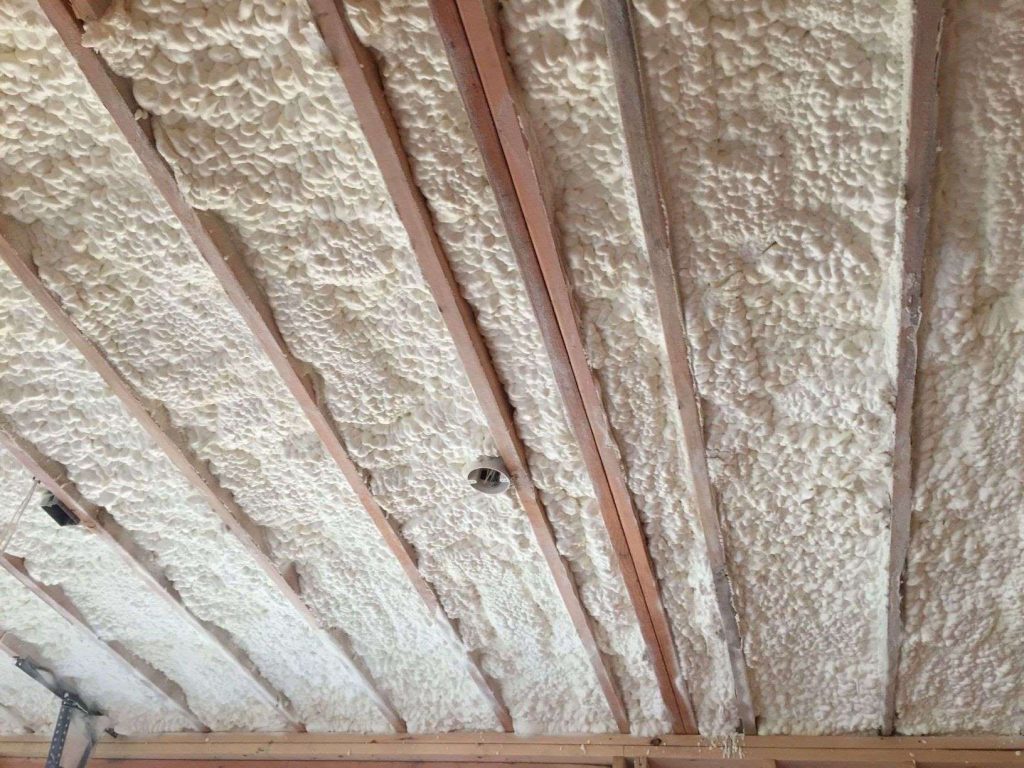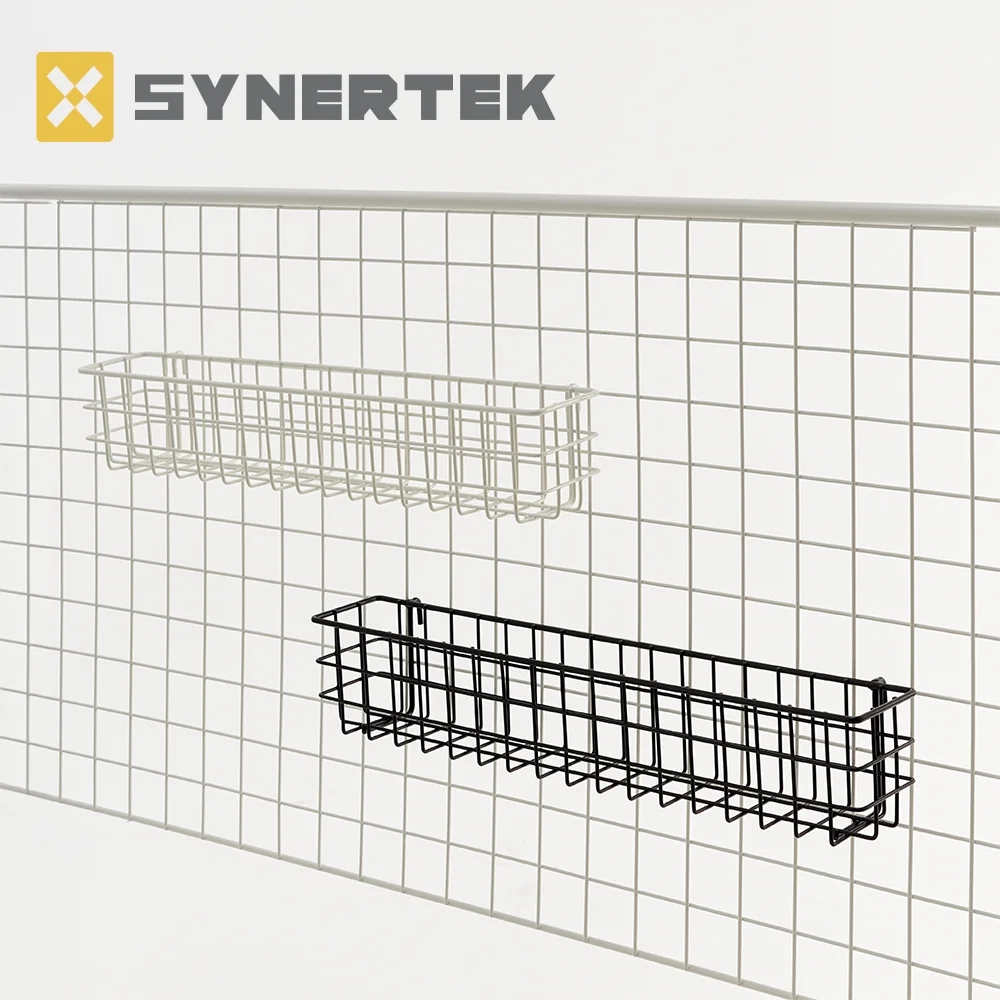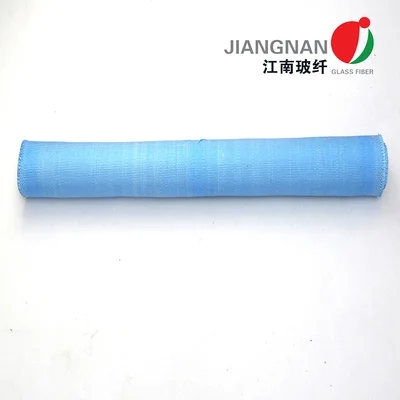
Insulation plays a crucial role in maintaining a comfortable and energy-efficient home. With numerous options available in the market, it can be overwhelming to determine the best insulation for your house. In this comprehensive guide, we will explore various types of insulation, their benefits, and factors to consider when making your decision.
- Understanding the Importance of Insulation:
Insulation acts as a barrier, preventing heat transfer between the interior and exterior of your home. It helps maintain a consistent temperature, reduces energy consumption, and enhances overall comfort. Choosing the right insulation is essential for maximizing energy efficiency and minimizing utility costs. - Types of Insulation:
a. Fiberglass Insulation:
- Made from fine glass fibers, fiberglass insulation is one of the most common types available.
- It offers excellent thermal performance, soundproofing capabilities, and fire resistance.
- Fiberglass insulation is typically installed in attics, walls, and floors.
b. Cellulose Insulation:
- Made from recycled paper or plant fibers, cellulose insulation is an eco-friendly option.
- It provides effective thermal insulation, soundproofing, and has a high resistance to fire.
- Cellulose insulation is commonly used in attics and walls.
c. Spray Foam Insulation:
- Spray foam insulation is a versatile option that expands upon application, filling gaps and cracks.
- It offers superior thermal insulation, air sealing, and moisture resistance.
- Spray foam insulation is suitable for various areas, including walls, attics, and basements.
d. Mineral Wool Insulation:
- Mineral wool insulation is made from natural or recycled minerals, such as rock or slag.
- It provides excellent thermal and sound insulation, as well as fire resistance.
- Mineral wool insulation is commonly used in walls, attics, and basements.
- Factors to Consider:
a. R-Value:
- The R-value measures the insulation's thermal resistance. Higher R-values indicate better insulation performance.
- Consider the climate in your region and consult local building codes to determine the recommended R-value for your home.
b. Moisture Resistance:
- Moisture can compromise insulation effectiveness and lead to mold or mildew growth.
- Choose insulation materials with good moisture resistance, especially for areas prone to high humidity or moisture.
c. Installation Method:
- Some insulation types require professional installation, while others can be installed as a DIY project.
- Consider the complexity of installation, associated costs, and your skill level before making a decision.
d. Environmental Impact:
- If sustainability is a priority, opt for insulation materials with high recycled content or those made from renewable resources.
Conclusion:
Selecting the best insulation for your house is a crucial decision that impacts energy efficiency, comfort, and long-term savings. By understanding the different types of insulation available, considering factors such as R-value, moisture resistance, installation method, and environmental impact, you can make an informed choice. Remember to consult professionals and local building codes to ensure compliance and maximize the benefits of your insulation investment.



